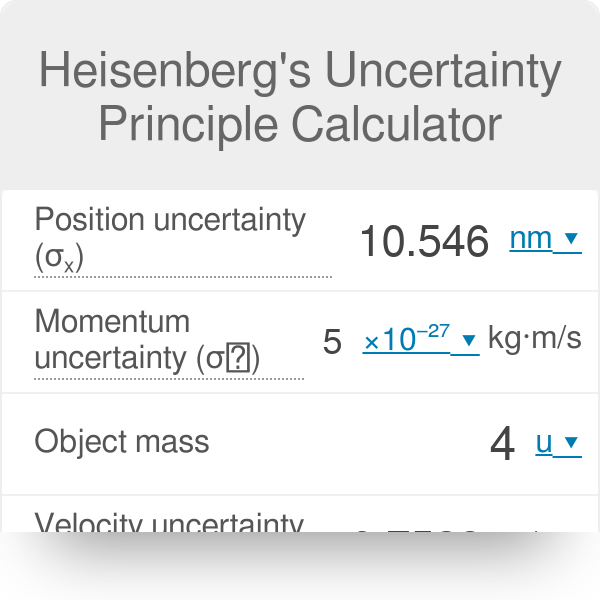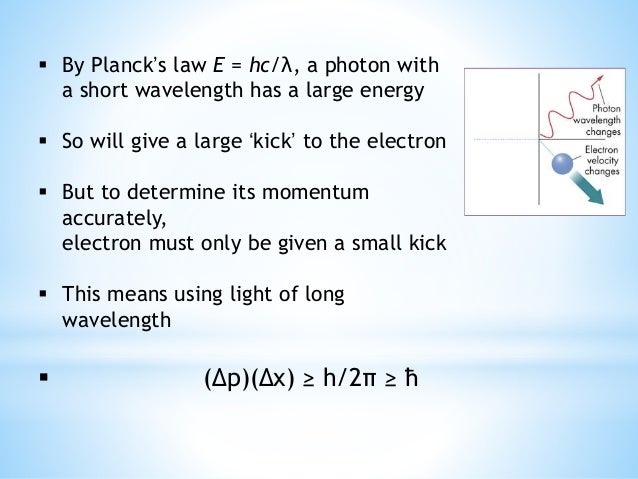
The Heisenberg uncertainty principle, as he himself said, has nothing to do with the observation process. This quantum result is often confused with the observer effect, applicable to many physical systems in general that are impossible to observe without altering them – for example, one cannot measure the pressure in a tire without letting out some air.

The formula of the Heisenberg uncertainty principle suggests that the greater the precision with which the position of a particle is known, the less accurately we can know its speed, and vice versa. Like a kind of cherry on the quantum theory cake, it says, to simplify, that the position and the speed of any particle (such as an electron that spins in an atom) can only be measured at the same time with limited accuracy. Until “Breaking Bad” reintroduced the name of Heisenberg to the general public, the German scientist was especially recognized for his uncertainty principle. The popularity of the fictional Heisenberg hides the real picture of the scientist in Google Though it is a stretch to see parallels between the fictional character and the scientist who won a Nobel Prize, they were both simple teachers when they achieved their greatest success.

#Heisenberg uncertainty principle series
The second part, more recent and unexpected, comes via the television series “Breaking Bad”, whose main character, chemist Walter White, chooses the nickname Heisenberg for his criminal activities. The career of physicist Werner Heisenberg (1901-1976), however, has had a double impact. Few physicists can boast having left a mark on popular culture.


 0 kommentar(er)
0 kommentar(er)
